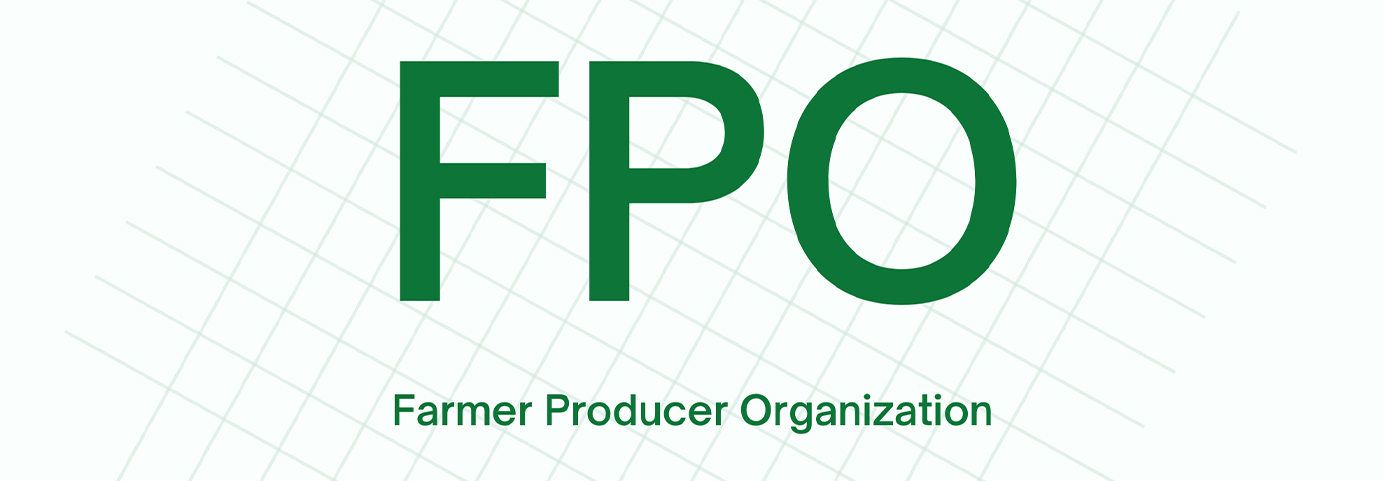The Multi Commodity Exchange of India is preparing to take a significant step in bringing farmers closer to formal commodity markets. Following the example of the National Commodity and Derivatives Exchange, MCX has begun the process of onboarding Farmer Producer Organizations for participation in agricultural futures trading.

This decision was recently highlighted in a webinar organized by the agriculture ministry, where MCX expressed its commitment to integrate farmers’ collectives into its trading platform. Officials believe that this move will help farmers make informed sowing decisions by understanding future price trends of their commodities well in advance.
Why this move matters for farmers
For years, small and marginal farmers have been disadvantaged by price volatility and limited access to formal markets. By joining futures trading platforms, FPOs will not only gain visibility on expected commodity prices but also enjoy the security of delivery and payments ensured by the exchange.
In addition, onboarding onto the MCX platform is expected to boost the credibility of these collectives, enabling them to access credit from financial institutions with greater ease.
To further encourage participation, MCX has also announced that it will reimburse costs such as assaying charges, warehouse rent, storage fees, bagging and transportation, brokerage charges, and even mandi fees. This support is designed to reduce the burden of entry for farmer groups and make participation more attractive.

Learning from NCDEX’s experience
On NCDEX, 46 FPOs have already traded agricultural commodities worth around ₹150 crore between April and July this year. Commodities like cotton, cumin, castor, coriander, turmeric, and guarseed have seen active participation. MCX plans to go further by also introducing mentha for future trades.
The impact has been significant, with more than 25 farmer collectives achieving sales of over ₹1 crore each in just the first four months of the current fiscal year. This model has also brought more transparency into agricultural trade, with payments directly credited to FPO bank accounts, ensuring security for farmer members.
Broader vision of agricultural formalisation

The push for FPO participation in commodity markets is part of a larger government strategy to formalise agricultural trade and enhance farmers’ bargaining power. Over the past five years, several farmer collectives have been established under the central sector scheme for FPO formation. The scheme provides financial assistance of up to ₹18 lakh for each FPO over three years and includes provisions for equity grants and credit guarantees.
So far, more than 1,100 farmer collectives have crossed sales of ₹1 crore, with 340 FPOs surpassing ₹10 crore in turnover. Cumulatively, FPO sales have already touched over ₹15,000 crore.

With over 9,450 FPOs registered on the government’s e-commerce platform ONDC, and many already selling produce on GeM, Amazon, and Flipkart, futures trading on MCX is expected to add another layer of opportunity for farmers, enabling them to integrate into the financial ecosystem more deeply.
The road ahead
Experts believe that giving farmers access to futures markets will not only improve their decision-making but also reduce their dependence on middlemen. This move is expected to foster a culture of collective participation, better price realisation, and stronger financial discipline within the farming community.
As the onboarding begins, farmer groups are also calling for more commodities to be opened for trade. While some derivatives in key crops remain suspended until March 2026, the success of FPO participation on platforms like NCDEX and now MCX could pave the way for broader acceptance and long-term policy support.
Stay informed about the latest changes in agriculture, commodities, and financial markets. Follow You Finance on Instagram and Facebook for expert insights that help you make smarter financial and investment decisions.














